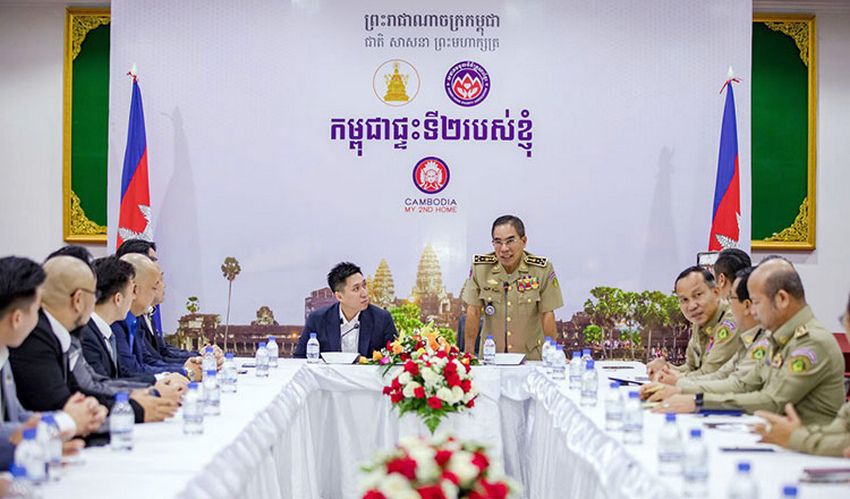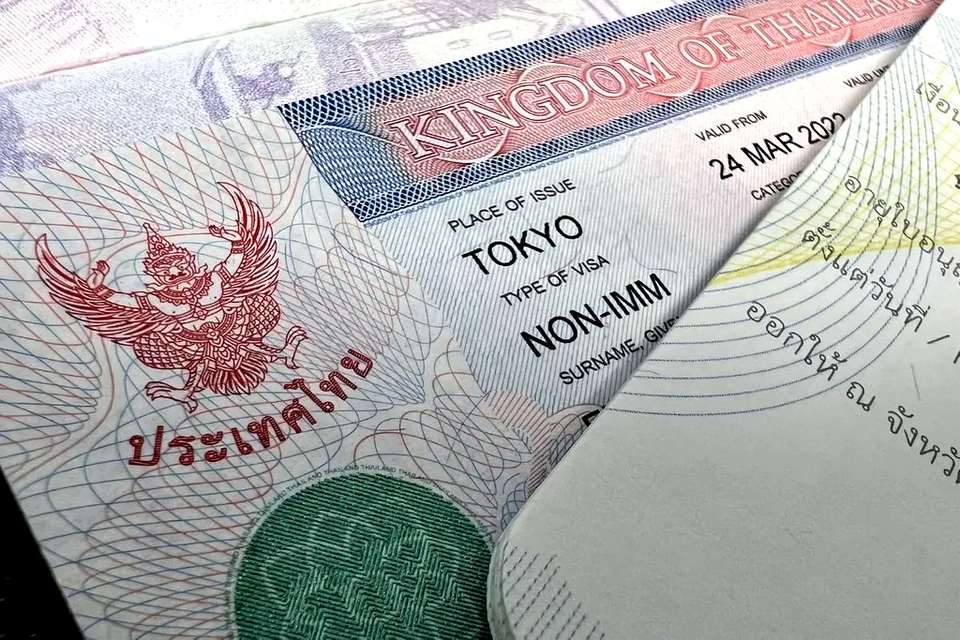
The recently-confirmed 10-year visas for Thailand and Cambodia have sparked considerable debate about the similarities, real or imagined. The Cambodian My Second Home (CM2H) program was formally launched publicly at Phnom Penh’s five-star Sofitel hotel on July 22 and was attended by senior government figures including the director general of immigration. This incidentally demolishes the idea, favored on some Cambodian social media sites, that the whole thing is a scam. We now know for sure that the scheme is organized by the private sector but supported by state agencies.
The authorities in both Thailand and Cambodia are keen to attract rich executives, experts, entrepreneurs, the idle-rich and even retirees provided they are willing to invest mega cash on an ongoing basis. The Thai rules for a Long Term Visa (LTR) vary somewhat according to category, but anyone with less than one million US dollars, or equivalent, to spare is unlikely to survive the qualifying rules. The scheme is fronted by Thailand’s business-orientated Board of Investment. CM2H specifically mentions a cash investment of US$100,000 although it appears that registration charges of several kinds might almost double that figure.
The huge difference is that Cambodia’s CM2H is specifically linked to property purchase, whereas Thailand’s LTR allows other kinds of investment. The Cambodian program is not run by any branch of the government, but is operated by the Khmer Home Charity Association, only recently established and marketed by the Hong Kong-based GC Property with newly-opened offices in Phnom Penh. It appears that applicants for the program are required to invest in a specific housing project of that company rather than one of their own choosing. The Thai scheme for the first time promises to foreigners freehold ownership of one rai of land and a residential house, but the detail of where, when and how is still being debated behind closed doors.

Published details show other differences. LTR requires a minimum of US$50,000 medical insurance to qualify, but CM2H allows free participation in the government’s health regulations, at least for an initial period. Both schemes make provision for automatic or digital work permits, although in Cambodia the Khmer Home Charity will need to liaise with immigration on your behalf. There is also the possibility, not a guarantee, of Cambodian citizenship after five years which is absolutely not found in the Thai rules. Both countries offer income tax reductions, allow family members to be incorporated in the visa – registration fees are not yet clear – and make provision for VIP treatment at airports.
The hunt for the alien wealthy is not new in either country. High-value expats were specifically mentioned in Thailand when then prime minister Thaksin Shinawatra introduced the Elite visa in 2003, offering 5-20 year multiple entry and exit. In 2018, the four year hi-tech Smart visa did away with the traditional work permit for holders. Cambodia has a track record of offering citizenship and second passports to foreigners making a donation of around US$300,000, although there are no published figures. The granting of a Cambodian passport to an alien requires the personal approval of the king.
Although neither scheme is yet operational, the most likely candidates for CM2H appear to be influential Chinese investors and business people requiring an overseas base. In Thailand, it is not yet clear if LTR can attract applications from foreigners who choose to reject the much-cheaper Elite visa alternative already in place. As ever of course, the devil will be in the detail.
 |
 |
 |





